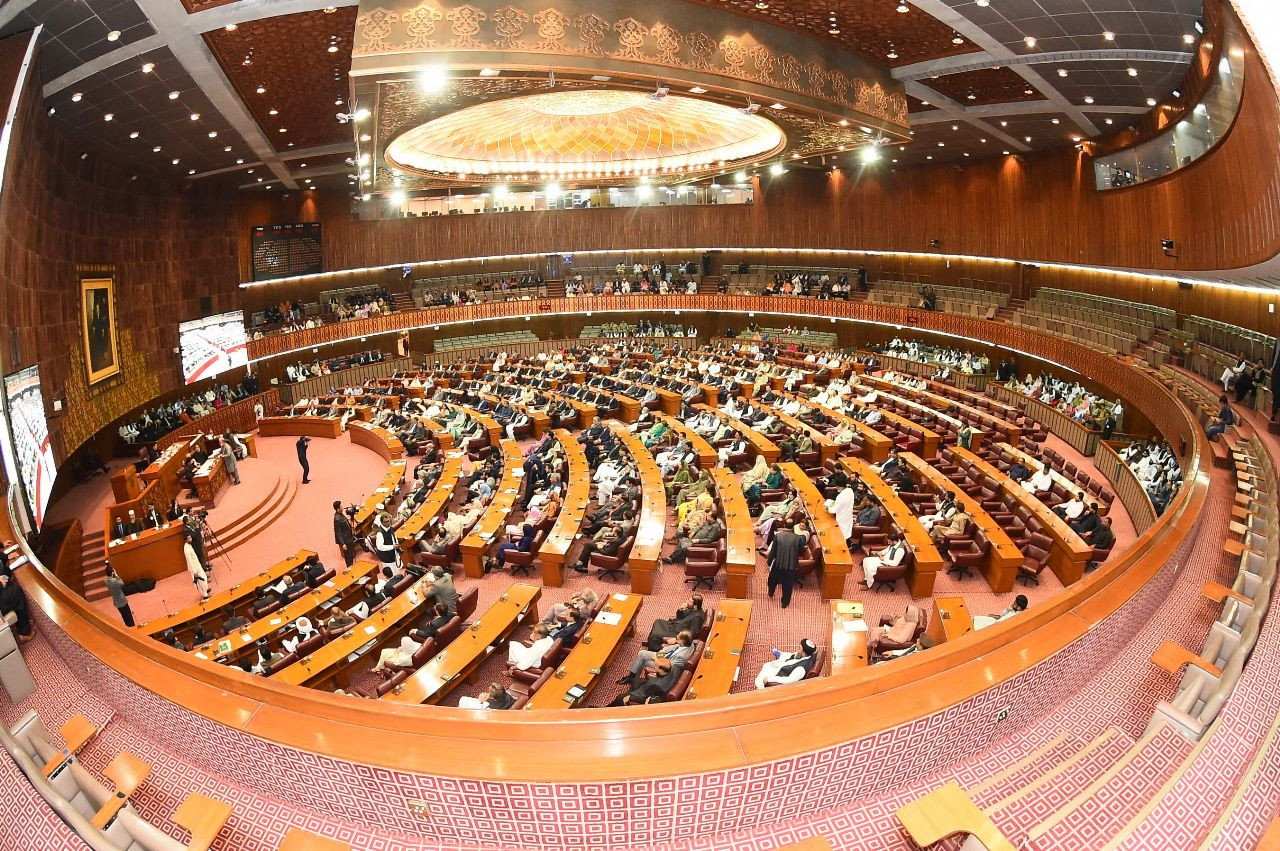
A fresh session of the National Assembly in which the newly elected members will take oath as lawmakers is likely to be convened on Feb 29 – the date on which the 21-day constitutional period of holding the general elections ends.
National Assembly Speaker Raja Pervez Ashraf will preside over the inaugural session and swear in the MNAs.
According to the rules and regulations, the newly elected members must submit details of their election expenditures within 10 days of their victory as failure to do so will result in the withholding of their success notification.
The success notification will be issued within 14 days of the victory. After that, the allocation of 60 women and 10 non-Muslim seats will be conducted.
Following the announcement of the official results, independent MNAs will have a three-day window to join any party of their choice in parliament.
According to Article 21 of the Constitution, the National Assembly session must be called within 21 days of elections, though it can also be summoned earlier.
As per Section 91(2) of the Constitution, the president is required to summon the session of the National Assembly within 21 days following the official announcement of election results or the issuance of its notification.
“The National Assembly shall meet on the twenty-first day following the day on which a general election to the assembly is held, unless sooner summoned by the president,” the section says.
Following the election of the speaker and his deputy, the selection of a new prime minister will take place via secret ballot.
The newly elected prime minister is expected to assume his responsibilities in the first week of March.
To elect the prime minister, the assembly will be divided into two sections, with members tallied accordingly based on this division.
According to Section 91(4), the prime minister “shall be elected by the votes of the majority of the total membership of the National Assembly, provided that, if no member secures such a majority in the first poll, a second poll shall be held between the members who secure the two highest numbers of votes in the first poll and the member who secures a majority of votes of the members present and voting shall be declared to have been elected as prime minister, [and] provided further that, if the number of votes secured by two or more members securing the highest number of votes is equal, further poll shall be held between them until one of them secures a majority of votes of the members present and voting.”



1727594410-0/diddy-(1)1727594410-0-165x106.webp)

1728208084-0/diddy-(2)1728208084-0-165x106.webp)
1728211520-0/Untitled-design-(7)1728211520-0-270x192.webp)
1728193217-0/Copy-of-Untitled-(6)1728193217-0-270x192.webp)

1728208215-0/Copy-of-Untitled-(2)1728208215-0-270x192.webp)

1728205278-0/Untitled-design-(5)1728205278-0-270x192.webp)









COMMENTS
Comments are moderated and generally will be posted if they are on-topic and not abusive.
For more information, please see our Comments FAQ